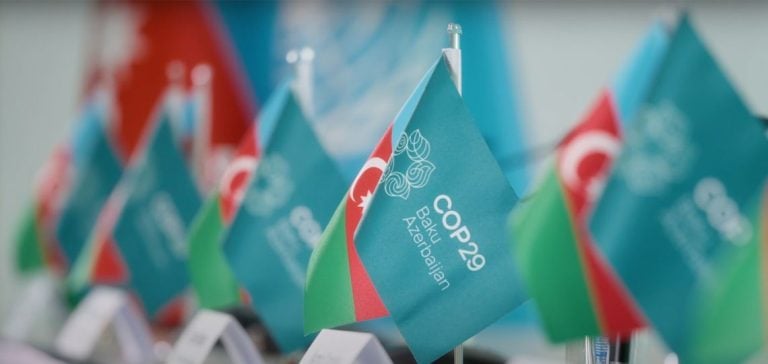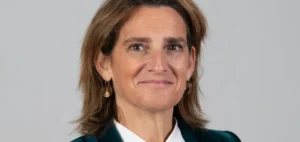Azerbaijan is positioning itself as a key player in the global fight against climate change, announcing the creation of a climate fund at the 29th Conference of the Parties (COP29) to be held in Baku.
The fund, called the Climate Finance Action Fund (CFAF), will be supported by voluntary contributions from fossil fuel-producing countries and companies, marking a bold initiative to mobilize financial resources for decarbonization.
As an oil and gas producing country, Azerbaijan seeks to build a global consensus around climate action, focusing on a variety of energy-related programs, including green energy corridors, hydrogen and renewable energy storage.
The CFAF aims to capitalize an initial amount of one billion dollars, with the commitment of ten contributing countries as shareholders.
Fund members commit to annual contributions, either in the form of fixed sums or based on production volume.
This initiative comes at a time when world leaders are under pressure to establish a new climate finance framework, known as the New Collective Quantified Goal on Climate Finance, which is seen as a key element of the global climate agenda.
Initiatives for a sustainable energy transition
Azerbaijan has also launched initiatives to create green energy zones and corridors, with the aim of tripling renewable energy capacity and doubling energy efficiency by 2030.
Green energy zones are designed to serve as centralized hubs where sustainable energy generation is maximized, while green energy corridors will enable cost-effective transmission over long distances and across borders.
These projects aim to strengthen energy infrastructure and facilitate the transition to more sustainable energy sources.
In parallel, the country is calling for the adoption of the COP29 Global Energy Storage and Grids Pledge, which aims to increase installed energy storage capacity to 1,500 GW by 2030, six times the 2022 level.
The pledge also commits signatories to improving the capacity of electricity grids, with a global target of deploying more than 80 million kilometers of grids by 2040.
These initiatives testify to Azerbaijan’s ambition to play a central role in the global energy transition.
Azerbaijan’s role in climate financing
The COP29 presidency underlines Azerbaijan’s importance in bridging the gap between developed and developing countries on the sensitive issue of climate financing.
As a member of the OPEC+ alliance, the country produced an average of 480,000 barrels per day of crude oil in August, while increasing its gas exports to Europe thanks to the Southern Gas Corridor project.
By 2024, Azerbaijan plans to supply 13 billion cubic meters of gas to the region, up from 11.8 billion cubic meters the previous year.
The country also announced the launch of the COP29 Hydrogen Declaration, which aims to support the harmonization and development of hydrogen markets.
According to the Presidency, “there is an urgent need to harmonize international frameworks, regulations and standards to create viable business models for the hydrogen value chain”.
This declaration could play a crucial role in setting international standards for the development of hydrogen as a clean energy source.
Challenges and prospects for COP29
Despite these promising initiatives, the Presidency’s action agenda makes no mention of carbon markets, raising questions about their compatibility with UN priorities.
Negotiations around Article 6 of the Paris Agreement, which aims to establish rules for global trade in greenhouse gas emission reductions, are often hampered by integrity concerns and issues relating to project methodologies.
Industry players hope that significant progress will be made on Articles 6.2 and 6.4 at COP29, opening up new opportunities for emissions trading.
As a fossil fuel producer, Azerbaijan is at a strategic crossroads.
By engaging in climate finance initiatives while continuing to exploit its energy resources, it illustrates the challenges and opportunities facing many producing countries.
Azerbaijan’s ability to navigate this duality will be crucial to its future role in the global energy landscape, and to the achievement of global climate goals.





















